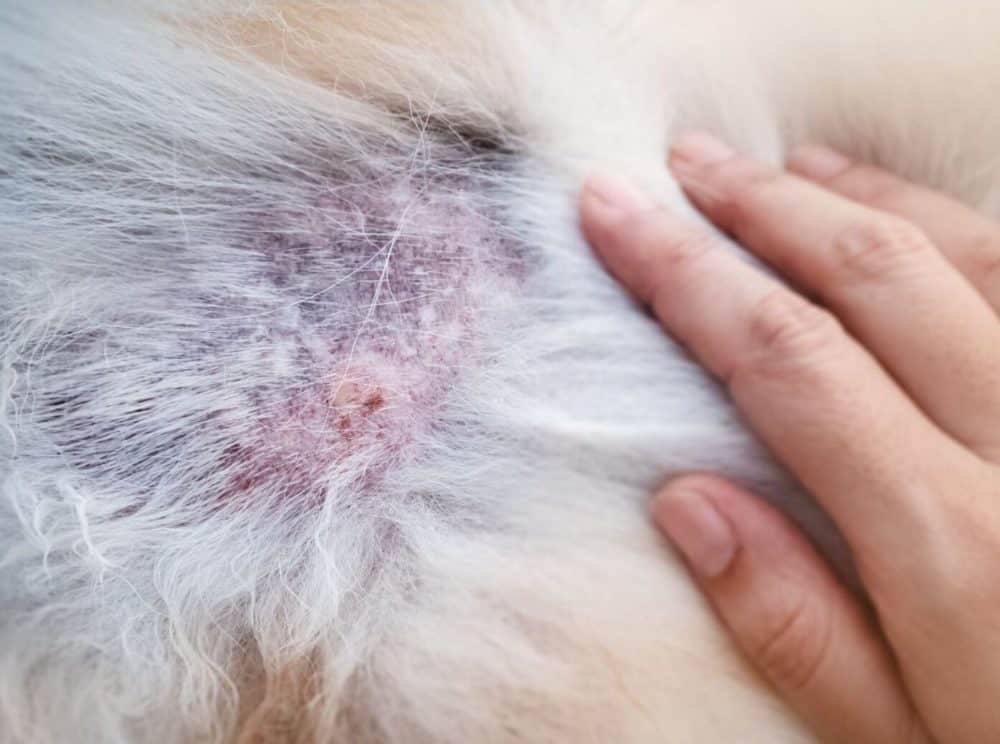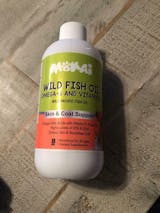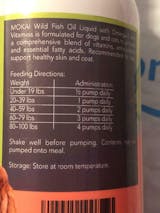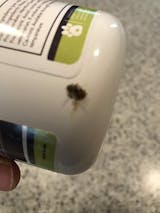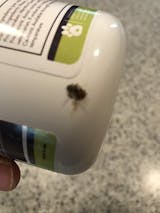Skin conditions in dogs are oftentimes a matter of concern: infections, allergies, hot spots, to name a few. What’s more, skin infections affect many dogs throughout their lives. And even though some infections appear out of nowhere, some others have their roots in underlying health problems you may be ignoring.
Symptoms of skin infections in dogs
Infections can have different symptoms depending on their causes:
- Itchiness, redness, and inflammation of a particular area
- Musty odor
- Thickened, scaly, or crusty skin
- Hyperpigmentation and hair loss of a particular area
- Fever
- Loss of appetite
- Lethargy/reluctance to move
Besides, you should pay attention to any sudden change in your dog's behavior.
Different types of skin infections in dogs
They also have different sources:
-
Fungal infections: Yeast dermatitis is one of the most common infections, its fungus Malassezia, if grown excessively, can cause severe dermatitis. Ringworms, mites, and ticks can also cause skin infections.
-
Bacterial infections: Some of these infections are usually secondary causes of skin allergies, hormone imbalances, and other underlying inflammatory diseases. Besides, bacterial infections can cause pyoderma, which basically means ‘pus in the skin’.
-
MRSA infection (Methicillin-Resistant Staphylococcus Aureus): Even though it is also a bacterial infection, it is important for you to get acquainted with the name since it’s a zoonic infection (meaning: it can be transmitted between dogs and humans). It affects dogs’ skin and respiratory systems. Although Penicillin and amoxicillin can’t fight this infection, a vet will prescribe a combination of topical and oral antibiotics that will do the work.
In addition, if your dog consistently shows skin infections, you will need to consult with a vet, to determine the underlying causes of infection. Remember it’s important to catch infections early to prevent them from further spreading.
Home remedies

As we’ve already mentioned, the best thing you can do is take your dog to your nearest vet to assess the infection. Depending on the severity of the infection, the vet will prescribe, or not, meds. However, there are some home remedies you can prepare to help your dog through this rough patch:
Antiseptic wipes or spray: You can use Mokai’s Cleansing wipes to clean the affected area and prevent the infections from spreading.
Apple cider vinegar: You can make a water spray of 50% water and 50% apple cider vinegar.
Cold compresses: You can apply them throughout the day to reduce inflammation and itchiness

